The Power of Guilt-Free Rest: Why Taking Time for Yourself Isn’t Selfish

Let’s face it—rest feels like you're headed to the principal's office these days. In a world that values hustle culture, the idea of rest sounds like some mythical unicorn, reserved only for those who’ve checked every last item off their to-do list each and every day. But what if we’ve got it all backward?
Rest isn’t a prize for the most items check off your to-do list. It’s not a luxury or an indulgence. It’s the lifeline that keeps us going, the fuel that helps us show up fully in our lives. Let’s dive into why embracing rest without guilt is one of the most self-respecting things you can do.
The Problem with Guilt-Driven Rest
Ever sat down to relax, only to find your brain sabotaging you with an endless reel of “should”? “I should be folding laundry. I should answer those emails. I should be doing anything other than sitting here.” Sound familiar?
That’s guilt-driven rest—the kind that leaves you feeling restless even when you’re technically resting. Instead of refreshing you, it keeps you stuck in a loop of stress and exhaustion.
Why Rest Is a Recharge, Not a Reward
Picture your phone on 1% battery. You’re scrambling for a charger, praying it doesn’t die. Now think about how often you push yourself through life running on empty.
Rest isn’t something you “earn” by crossing every task off your list. It’s the fuel your body, mind, and soul need to function. When you treat rest as essential—like plugging in your phone—you can finally stop apologizing for needing it.
Guilt-Driven vs. Guilt-Free Rest
Let’s break it down:
Guilt-Driven Rest
- Clock-watching.
- Feeling like you’re wasting time.
- Mentally juggling your to-do list.
Guilt-Free Rest
- Being present and mindful.
- Trusting that rest is a priority, not a luxury.
- Letting yourself truly relax.
One keeps you spinning your wheels in exhaustion. The other allows you to recharge, refocus, and return stronger.
Rest as an Act of Self-Respect
Resting doesn’t make you lazy or selfish—it makes you human. In fact, prioritizing rest is a bold, radical act of respecting yourself and your needs.
When you take care of yourself, you’re better equipped to care for others and handle life’s challenges. You’re not just investing in your own well-being—you’re creating a ripple effect that benefits everyone around you.
How to Rest Without Guilt
Rewiring your brain to embrace guilt-free rest takes time, but it’s worth it. Here’s how to start:
1. Shift Your Mindset
Remind yourself that rest isn’t optional—it’s essential. You can’t pour from an empty cup.
Remind yourself that rest isn’t optional—it’s essential. You can’t pour from an empty cup.

2. Start Small
Take five minutes to just be. Breathe deeply. Sip tea. Sit in silence. Notice how even the smallest pauses can shift your energy. You might even want to visualize any thoughts that pop in your head, landing on a leaf as the leaf gently floats down a stream.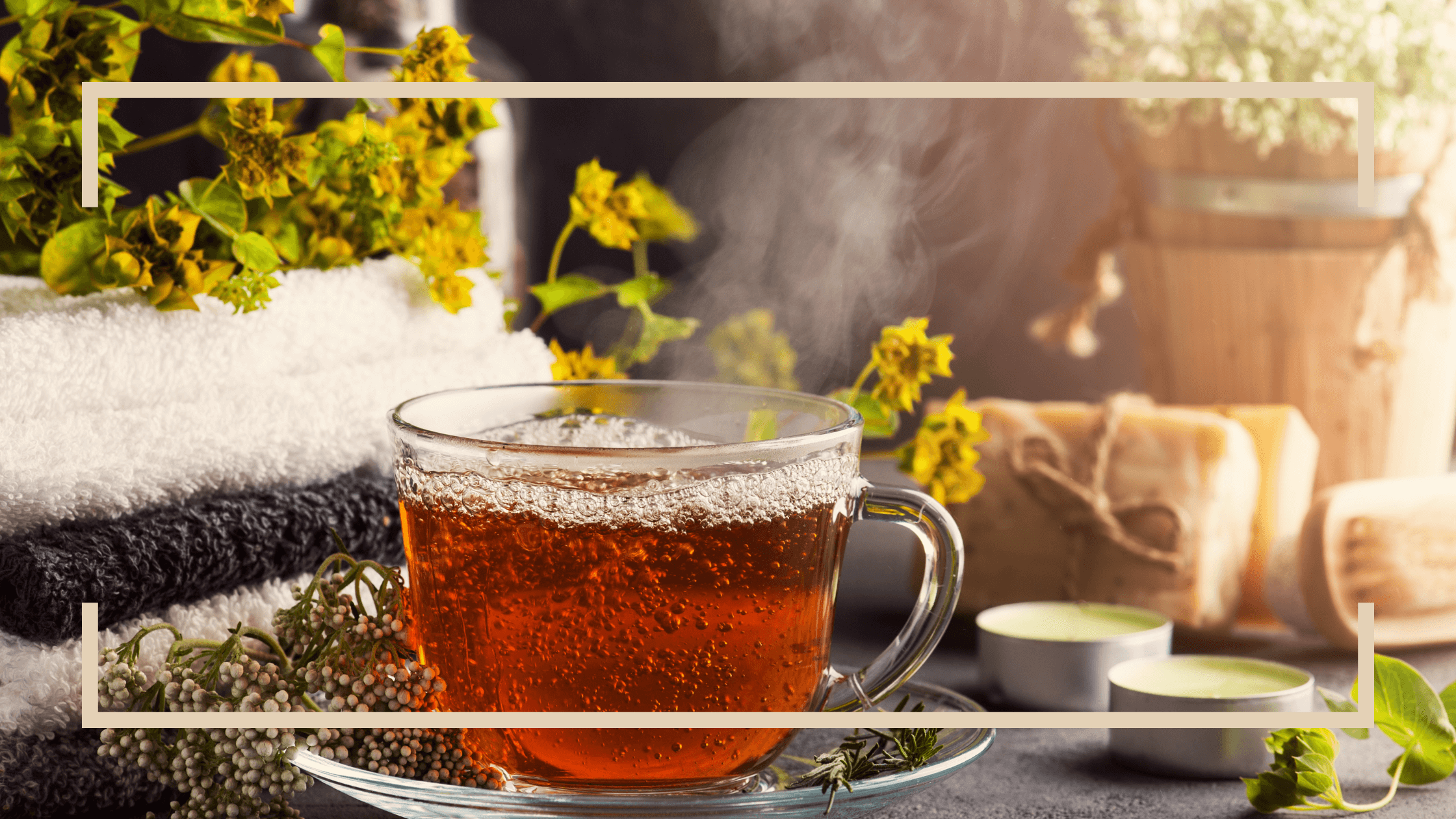
Take five minutes to just be. Breathe deeply. Sip tea. Sit in silence. Notice how even the smallest pauses can shift your energy. You might even want to visualize any thoughts that pop in your head, landing on a leaf as the leaf gently floats down a stream.

3. Set Boundaries
Learn to say no to unnecessary demands on your time. Protect your rest like it’s a VIP appointment—because it is.
Learn to say no to unnecessary demands on your time. Protect your rest like it’s a VIP appointment—because it is.
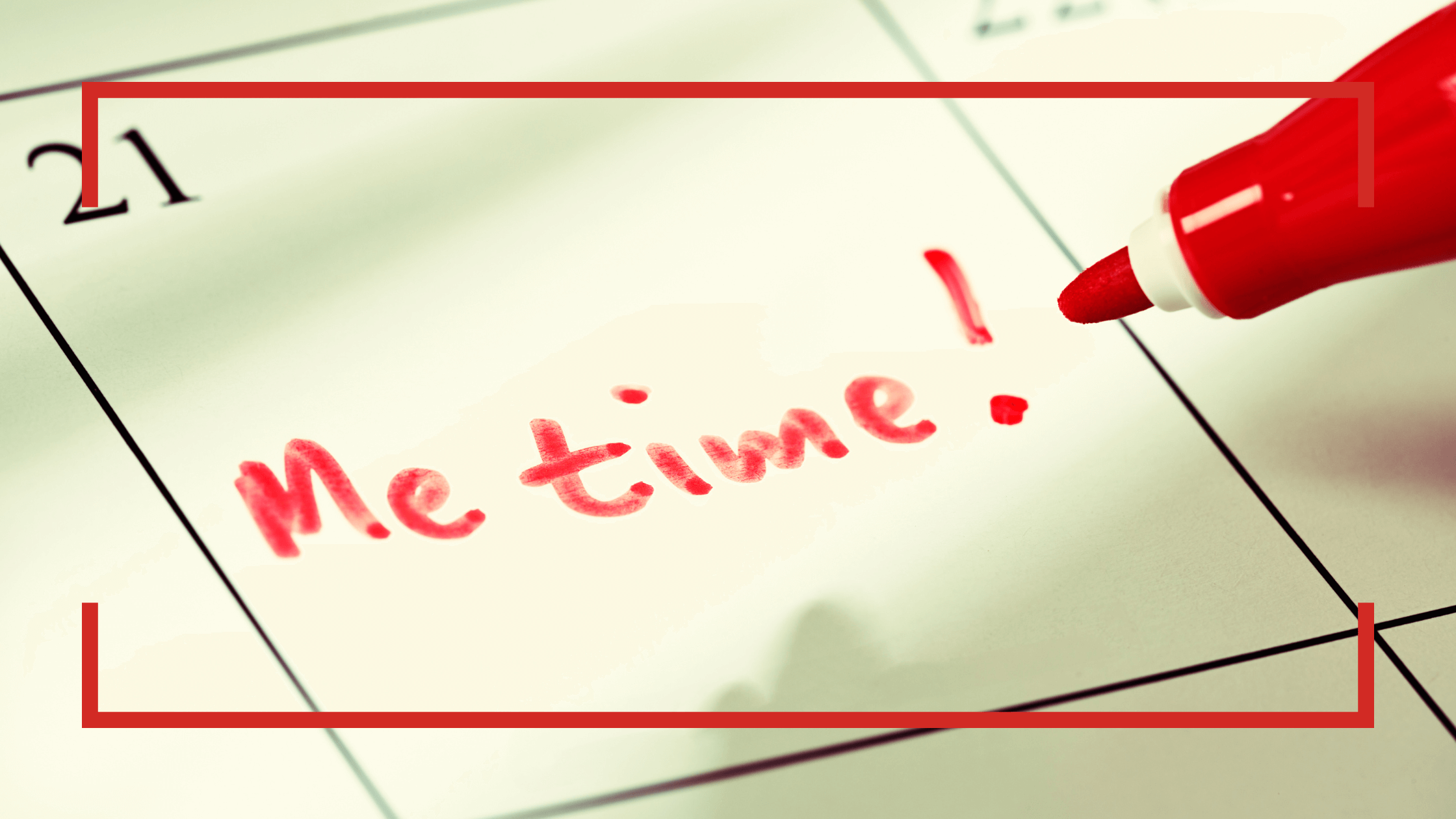
4. Practice Self-Compassion
When guilt shows up (because it will), don’t beat yourself up. Acknowledge it and let it go. Taking care of yourself isn’t selfish; it’s kind.
When guilt shows up (because it will), don’t beat yourself up. Acknowledge it and let it go. Taking care of yourself isn’t selfish; it’s kind.
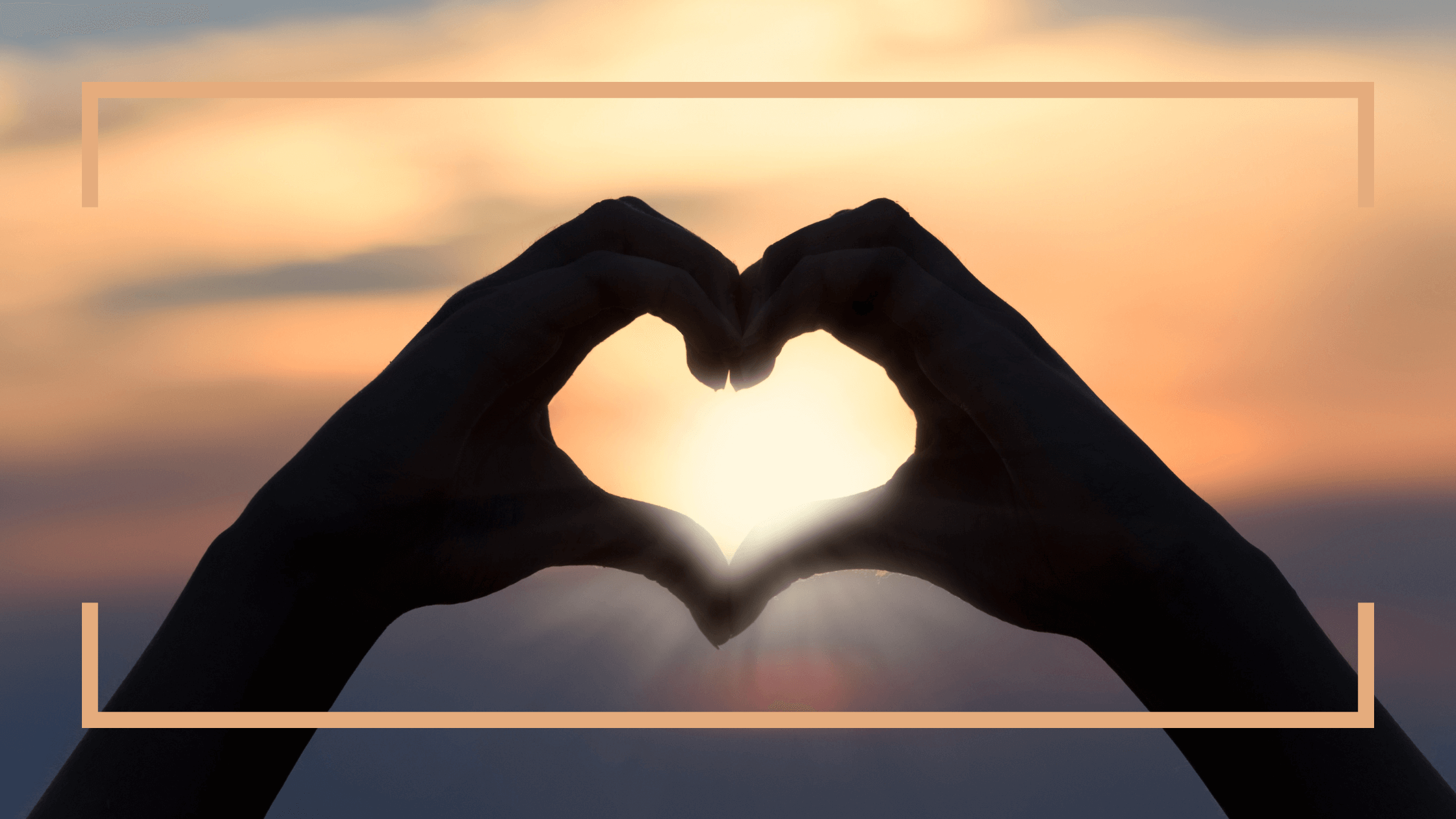
The Ripple Effect of Guilt-Free Rest

Here’s the thing: when you embrace rest, you don’t just recharge yourself—you set an example for others. You show your loved ones, coworkers, and community that it’s okay to prioritize well-being over constant busyness.
Imagine the shift this could create: healthier relationships, more balance, and a culture that values people over productivity. Your decision to rest without guilt inspires others to do the same.
Final Thoughts
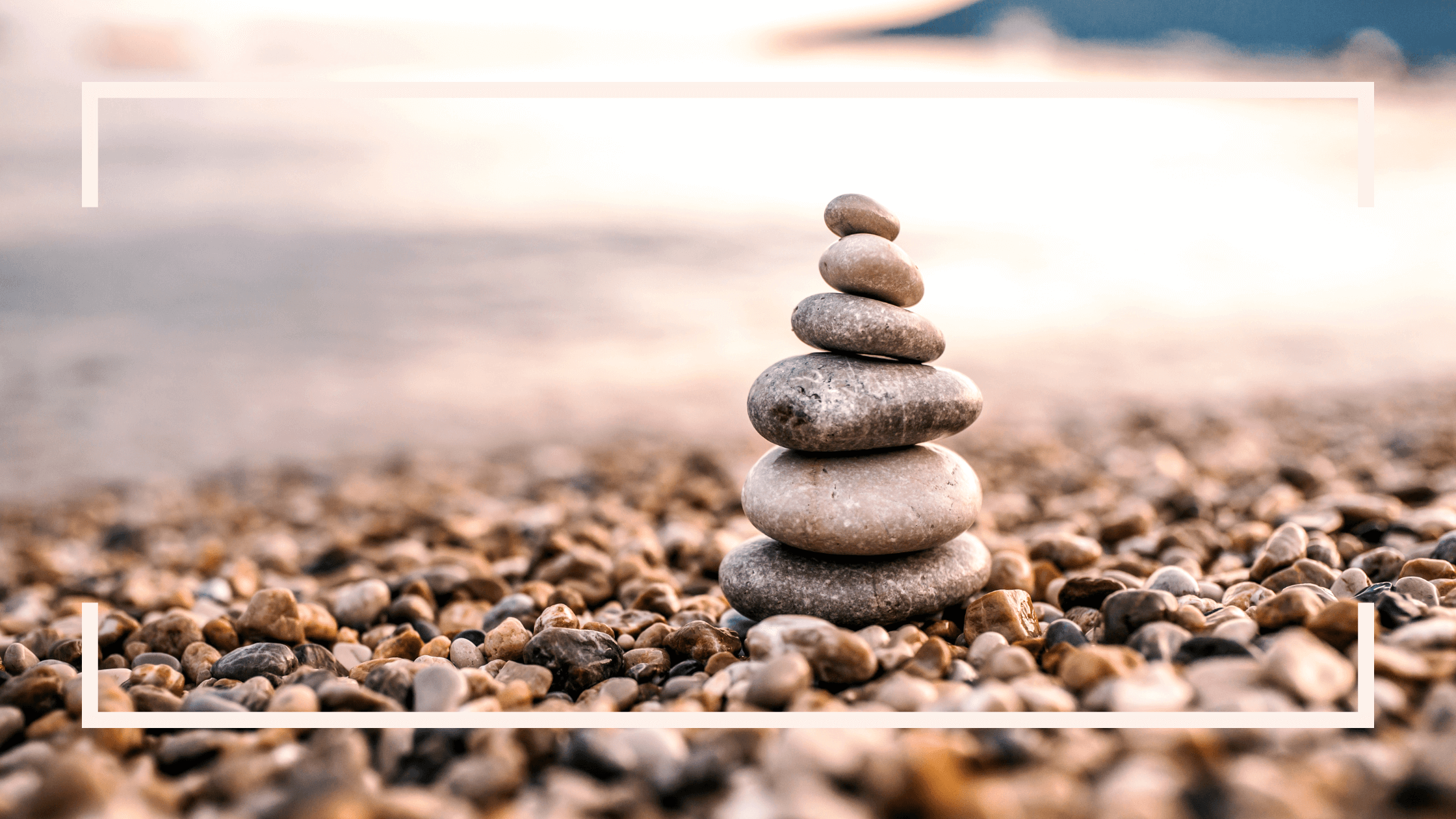
Rest is not selfish. It’s not a sign of weakness. It’s the foundation of a thriving, joyful life. When you let go of the guilt and embrace rest as an act of self-respect, you step into a life filled with more energy, clarity, and purpose.
So, here’s your permission slip: take a break. Whether it’s five minutes or an hour, give yourself the space to rest without guilt. You deserve it—and the world deserves the best version of you.




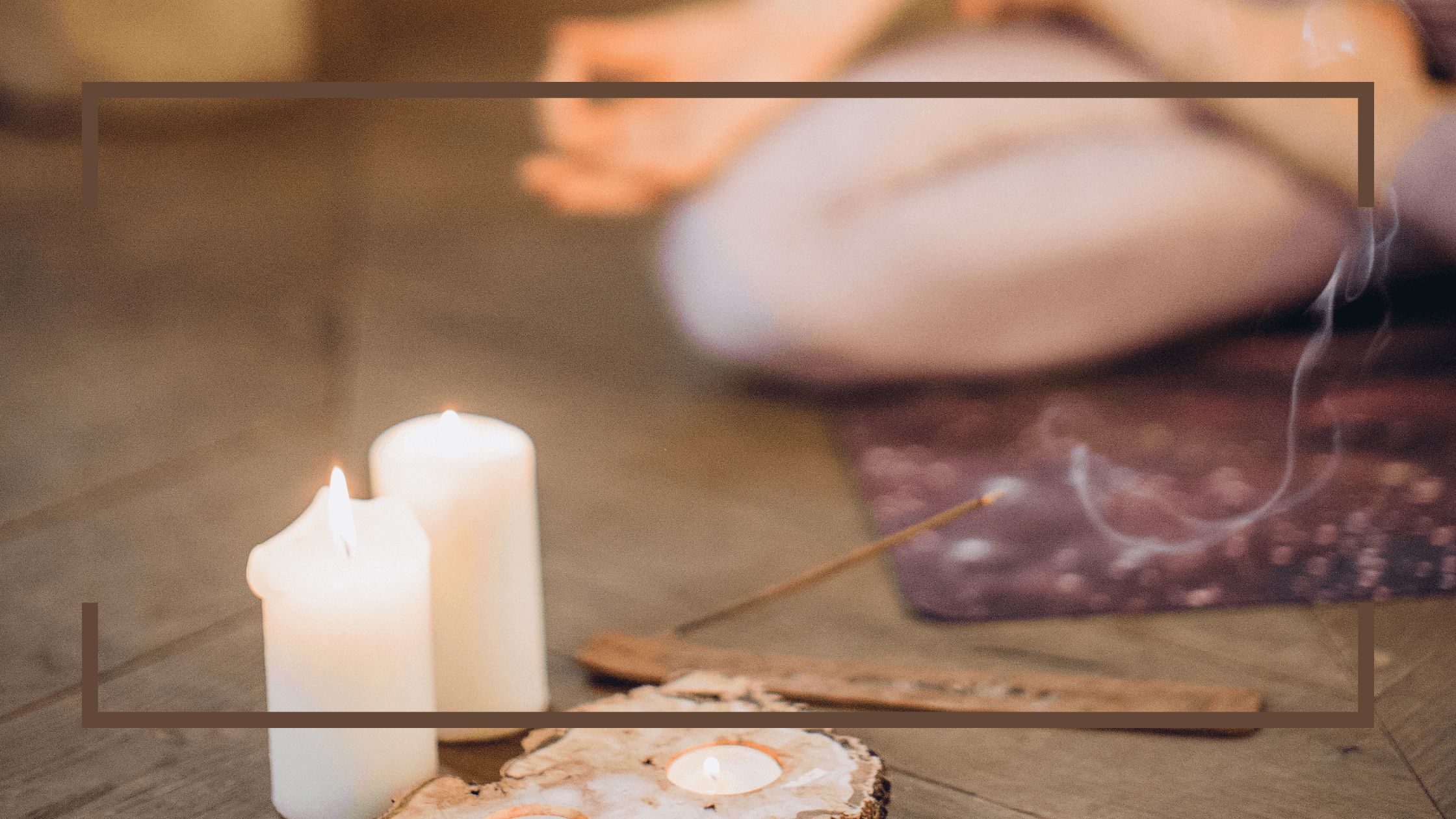
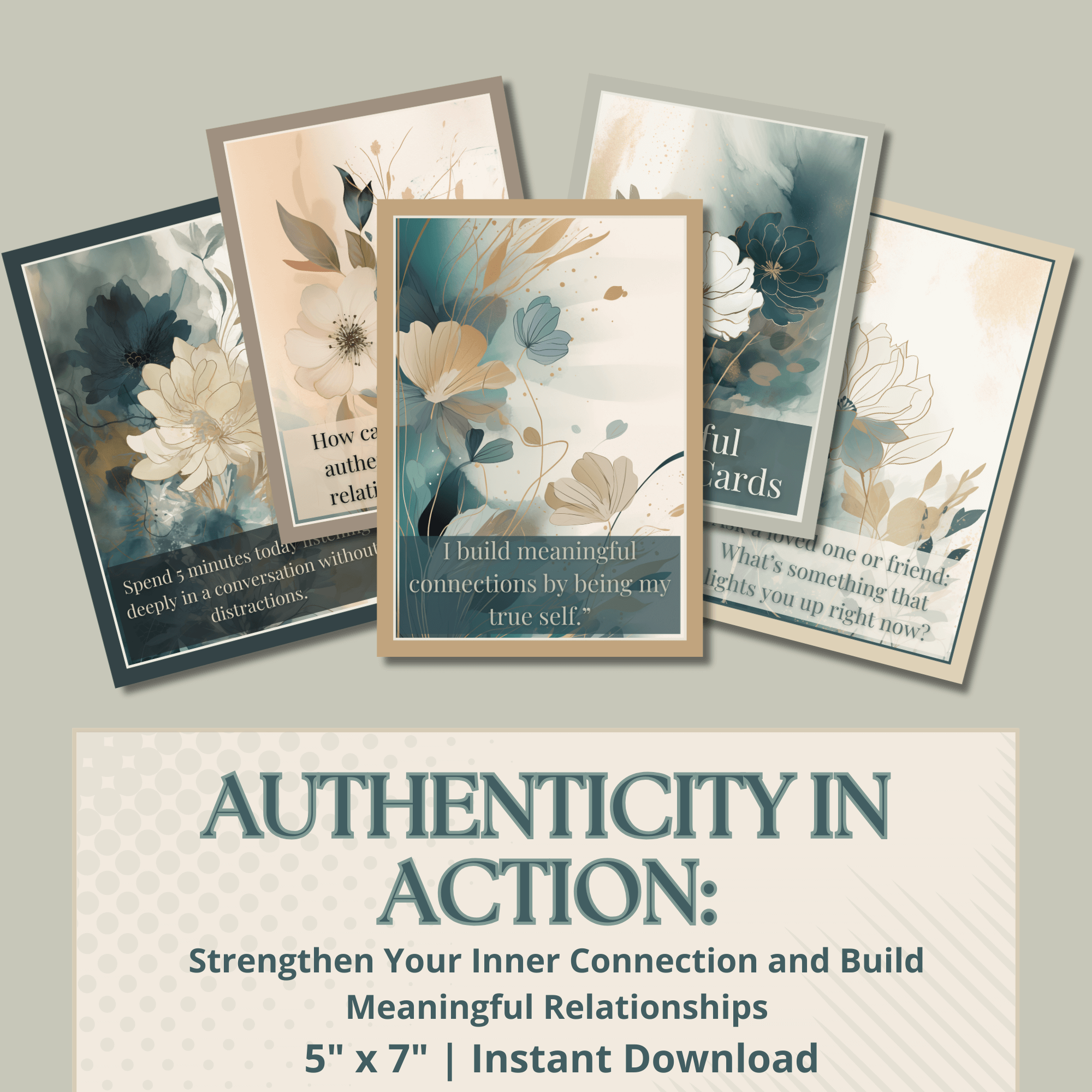
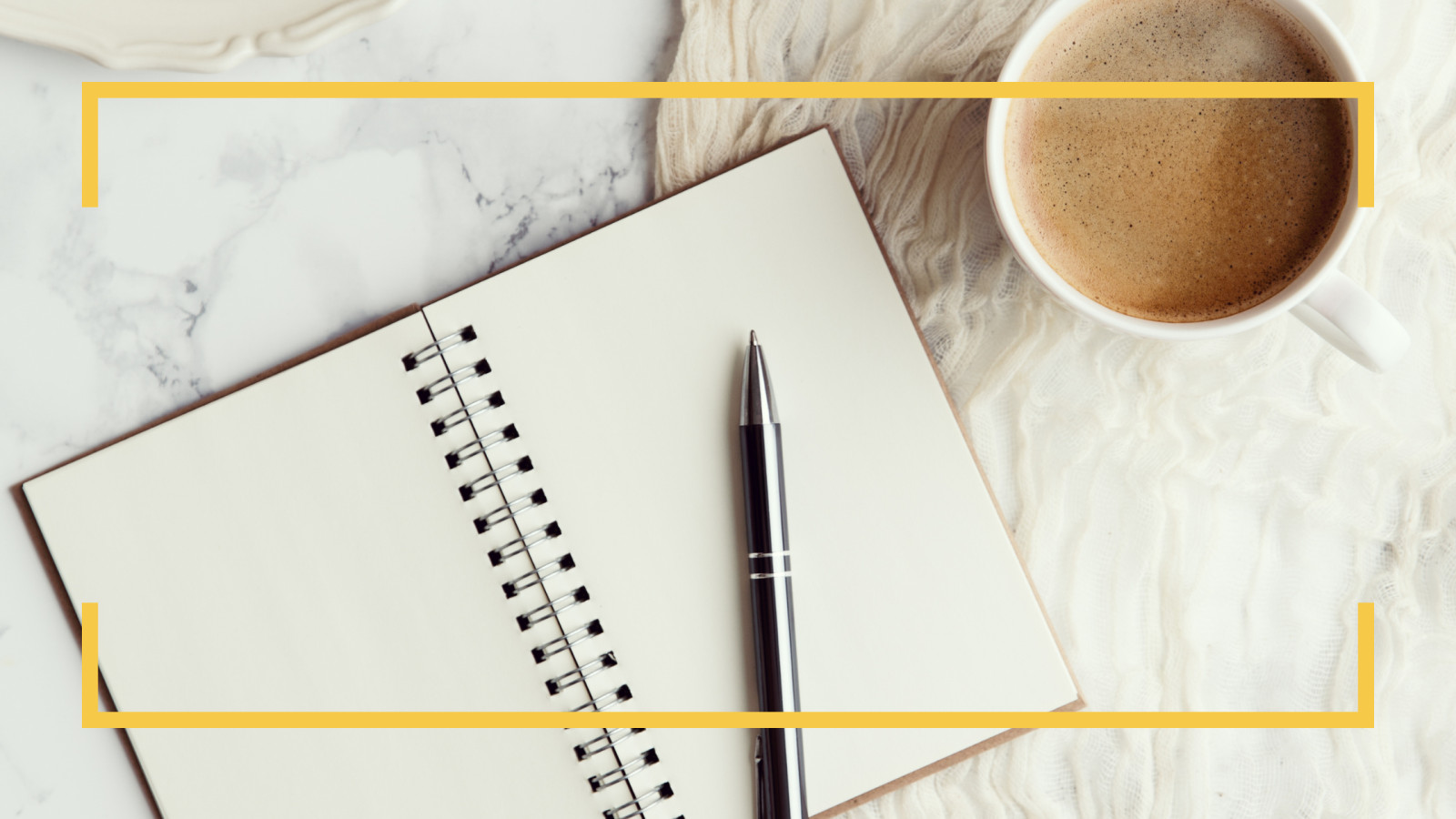
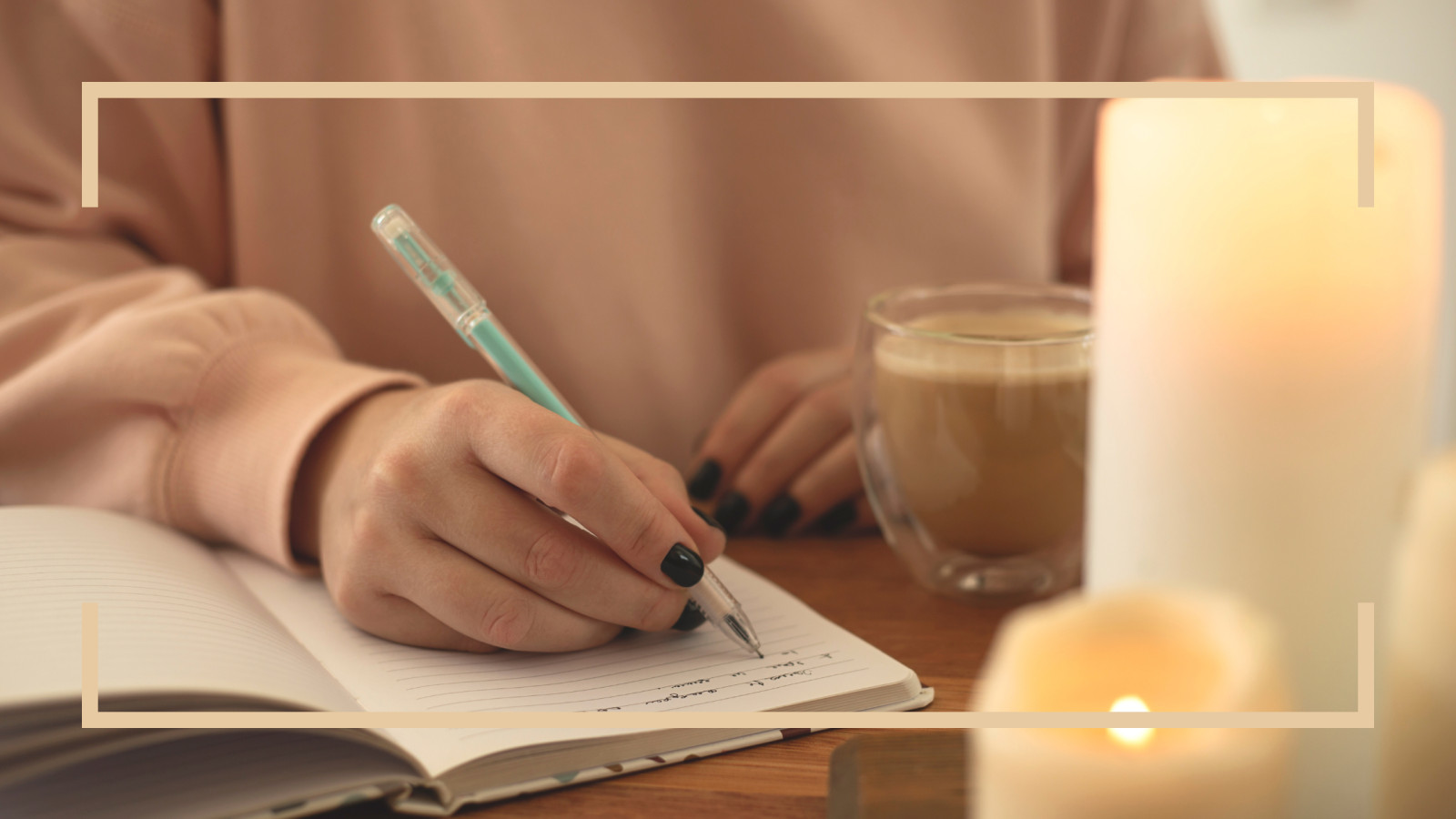
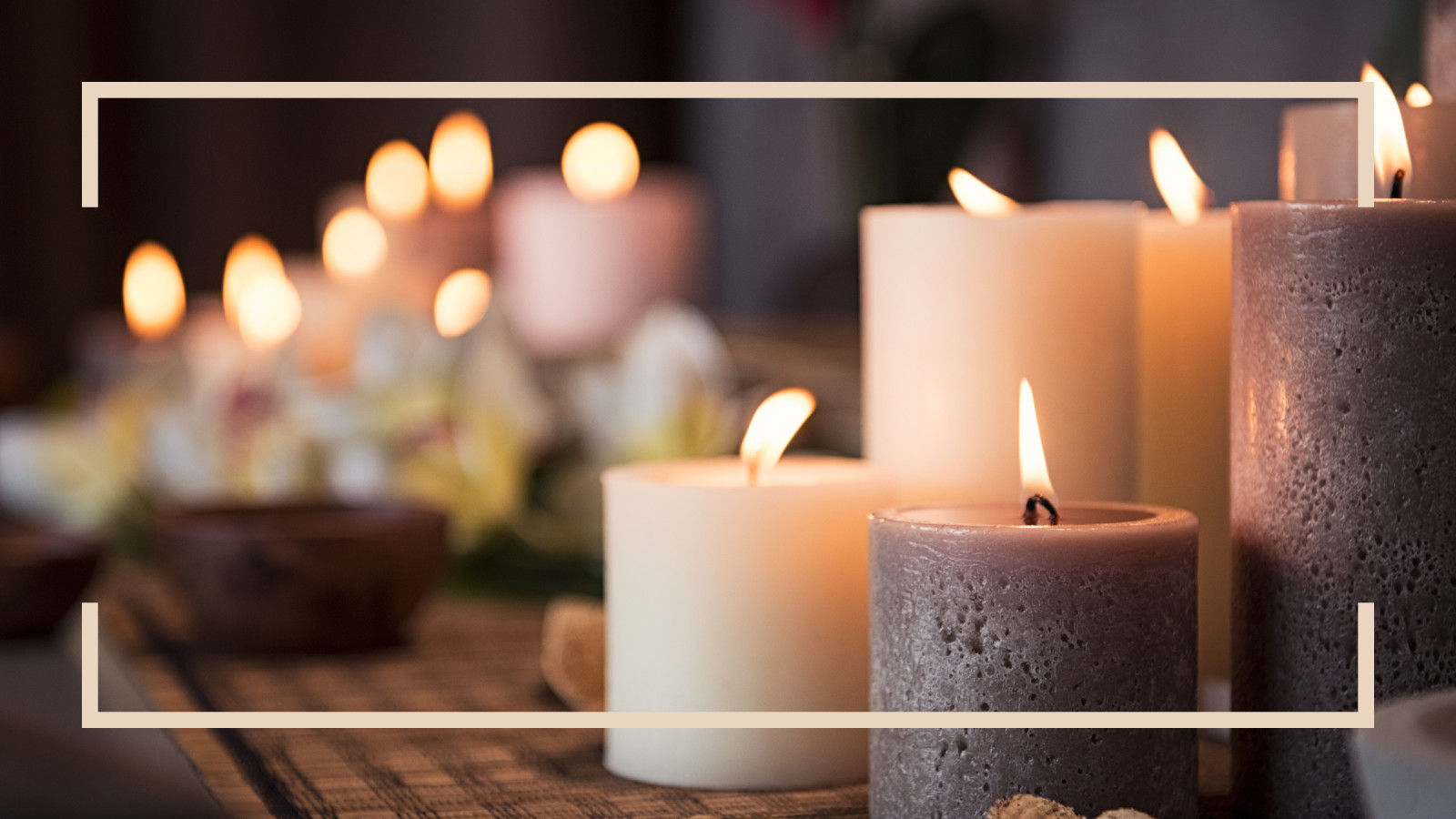


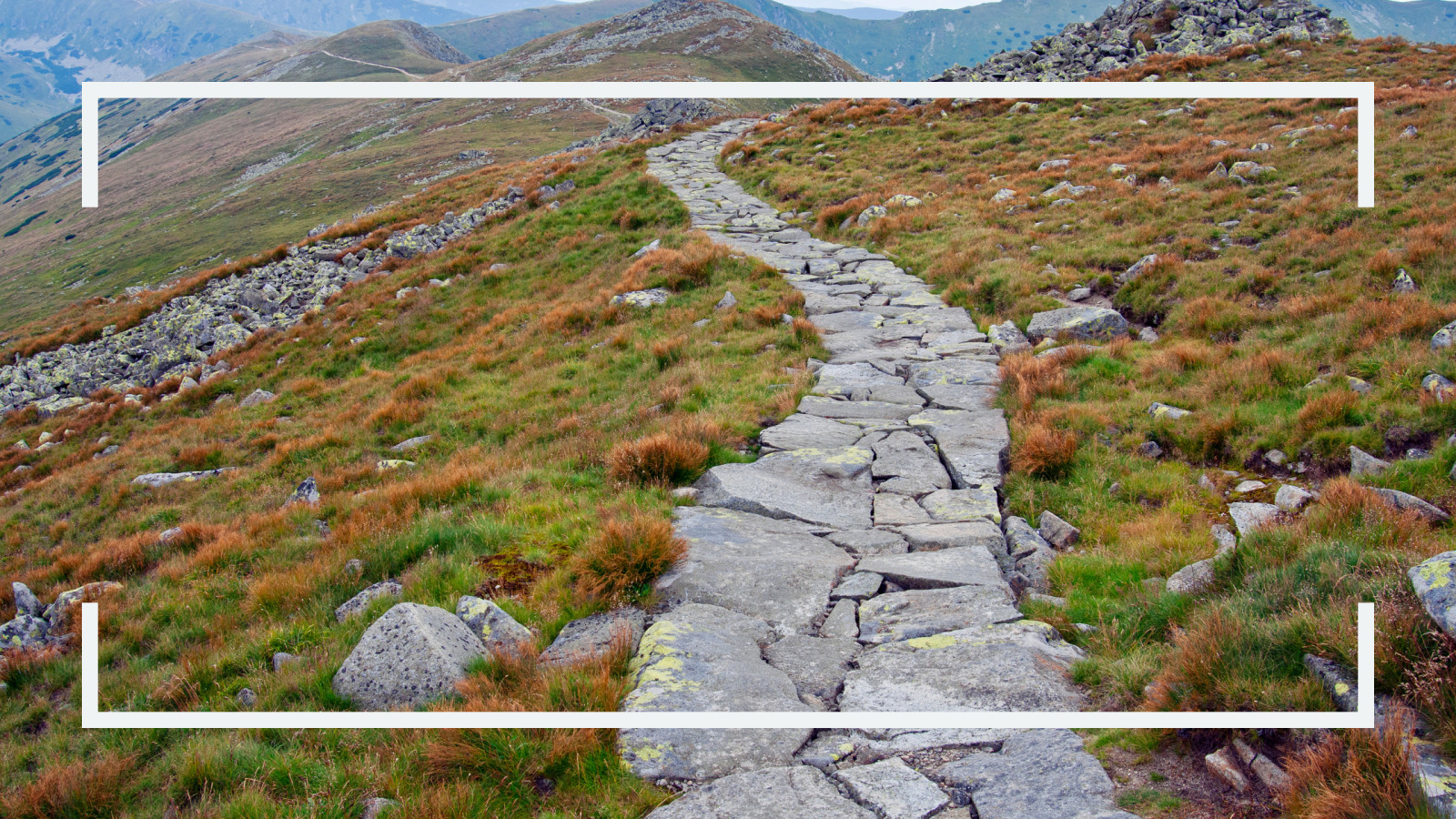



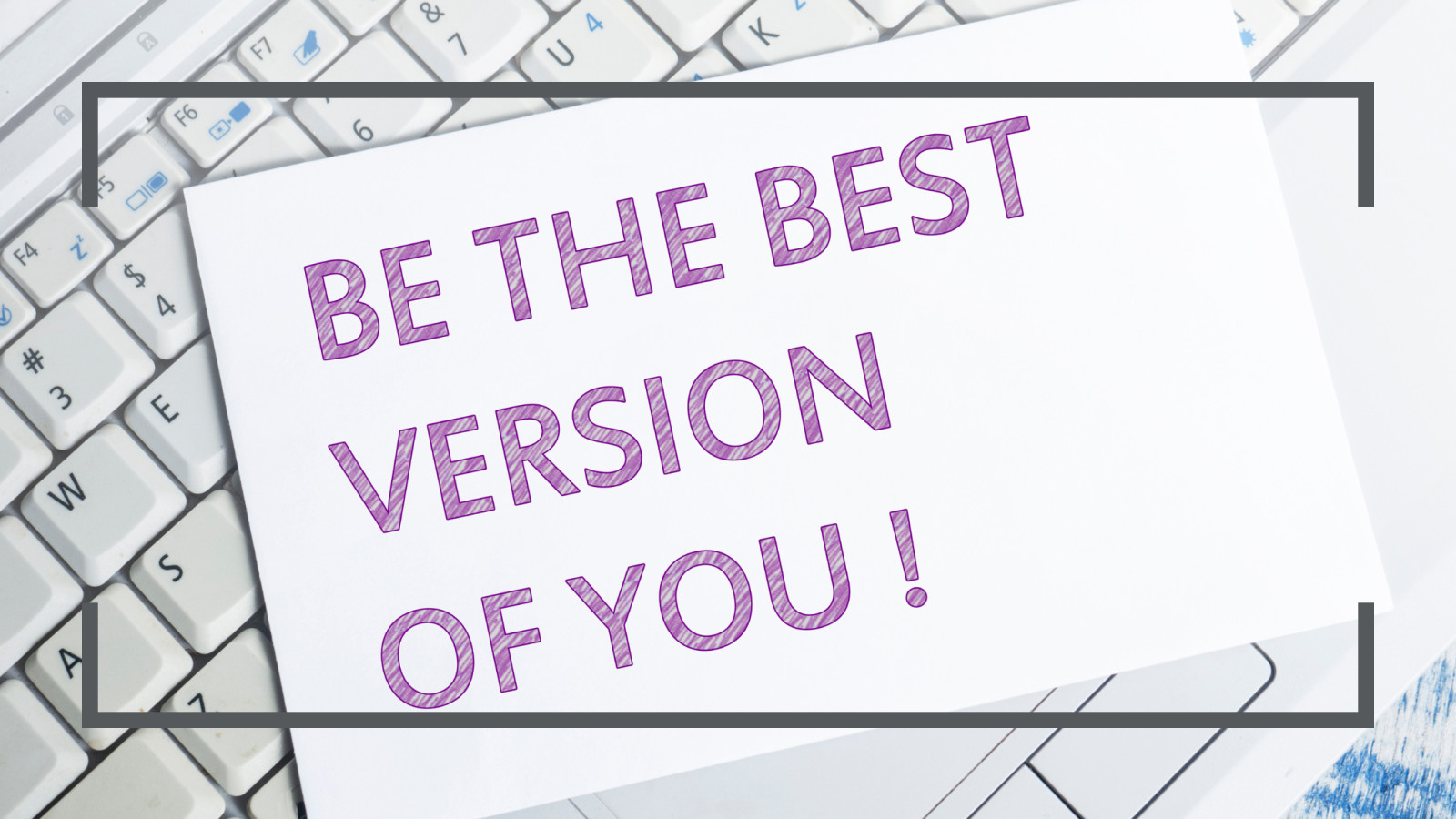








0 Comments